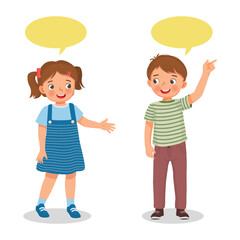What did he say?
- Patty Sepety
- Aug 12
- 2 min read

Have you ever had a chat with someone in your native tongue yet still had communication issues? Well, I have more than once.
My first experience was when I first met my husband.
My boyfriend and I became serious very quickly. One day he asked me a question, "Would you marry me?" I considered mentally before answering. Was he proposing or just offering a future possibility? (The correct question should have been Will you marry me? "would" is a conditional verb. It sets up an if-then situation. It is a hopeful word.) I decided to say "yes" just in case. Glad I did because that was the proposal. He still says things in a way different than I sometimes expect or understand. This is because when he was a child he was exposed to multiple languages and cultures. His dad's family spoke either Russian or Slovak. His mother's family spoke Hungarian. When he was small, they moved to Hawaii. There he played with oriental and Hawaiian children. He was really confused when it came time to enter school, so they sent him at age 7 to the University of Hawaii for speech therapy.
I also had a multicultural upbringing as my family traveled the world. But I did not have his issues. The difference was my parents both spoke English at home. My friends were mostly American children as well.
A second time I remember not understanding English was at a doctor's office with my teenage daughter. She had been very ill. A friend recommended a new doctor. A man walked in who looked like he was from India. Dr. Anup Gokli introduced himself and examined her. Then he called us into his office and talked to us for 30 minutes, going into a lot of detail about the condition and treatment. We walked outside. As soon as the door closed behind us my daughter asked, "Mom, what did he say?" My reply was, "I don't know either, but don't you feel better? He will be our new doctor." Why? Because the sound of his voice was cheerful and encouraging. After we got to know him better, we also began to understand his British-India accent. He was our family doctor for over 30 years. My parents even switched to him.
I have learned from my husband and non-native English speakers to speak more slowly and ask the speaker to do so as well. Sometimes I repeat back was they say, and I may ask, "Did I understand you to mean...?" Then they could correct, clarify or simply agree. Better communication is a lifelong learning process.
Getting feedback is a critical part of learning and understanding. You may watch videos and speak very clearly, but do you understand others? Having the opportunity to dialog with native American English speakers can build your self-confidence. Fall classes are filling up so contact us today to get on the schedule. Hope to see you soon!




Comments